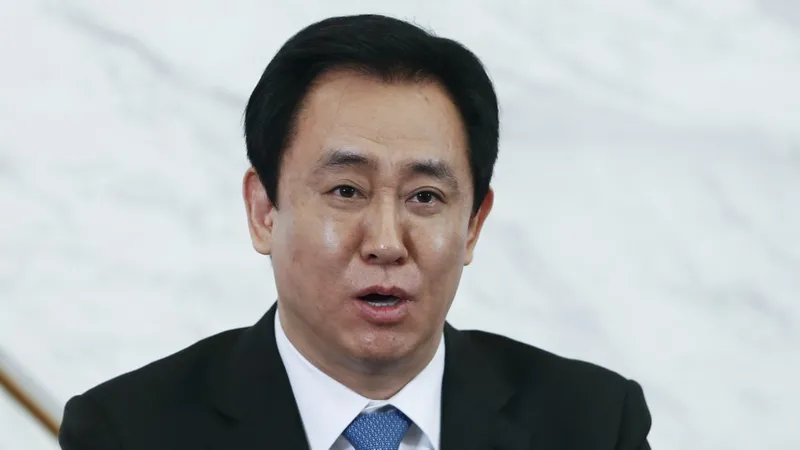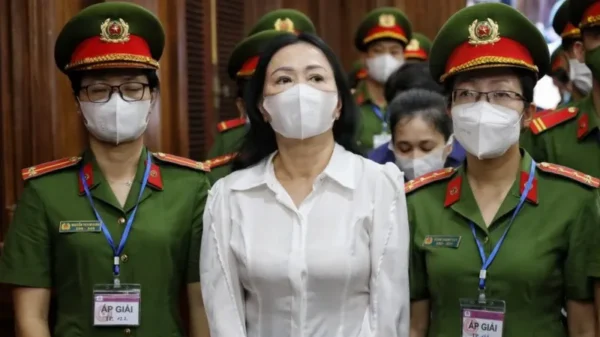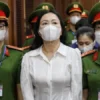Evergrande Scandal Unfolds: Founder and China Property Giant Accused of $78bn Fraud
Evergrande, the embattled Chinese property giant, along with its founder Hui Ka Yan, is facing allegations of inflating revenues by a staggering $78 billion in the two years leading up to the firm’s default on its debt. This revelation has prompted China’s financial markets regulator to impose a hefty fine of $583.5 million on Evergrande’s mainland subsidiary, Hengda Real Estate, while also considering a lifetime ban for Hui Ka Yan from China’s financial markets.
The severity of the situation escalated earlier this year when a Hong Kong court ordered Evergrande to liquidate its assets. The China Securities Regulatory Commission (CSRC) has predominantly attributed the blame to Hui Ka Yan, formerly China’s wealthiest individual, accusing him of directing company personnel to manipulate Hengda’s financial reports in 2019 and 2020. According to disclosures made by Evergrande to the Shenzhen and Shanghai stock exchanges, Hui Ka Yan has also been fined $6.5 million in connection with these allegations.
Despite these developments, Evergrande has yet to respond to requests for comment from media outlets such as the BBC. Last September, amidst mounting scrutiny, Hui Ka Yan, who serves as the company’s chairman, was placed under police surveillance as part of an investigation into suspected unlawful activities.
The regulatory crackdown on securities fraud, coupled with the protection of small investors, has gained momentum in recent days, with the CSRC emphasizing its commitment to stringent enforcement measures. Evergrande’s dire financial situation, compounded by its colossal debt of over $300 billion, has thrust it into the spotlight as a symbol of China’s real estate crisis.
To address its financial woes, Evergrande has initiated liquidation proceedings, with appointed liquidators tasked with evaluating the company’s overall financial standing and devising potential restructuring plans. This could involve the seizure and sale of assets to settle outstanding debts. However, such actions may encounter resistance from the Chinese government, which is wary of disrupting property development projects crucial to meeting the housing needs of its citizens.
The turmoil in China’s property market has reverberated throughout the economy, given that the sector contributes approximately one-third of the nation’s GDP. Tightened regulations implemented in 2021 to limit borrowing by major real estate developers have exacerbated financial strains within the industry. Consequently, several prominent property firms have defaulted on their debts, further exacerbating the crisis.
Recent official data indicates a significant downturn in China’s property sector, with property investment declining by 9% in January and February compared to the previous year. Additionally, new construction starts plummeted by 30%, marking the sharpest decline in over a year. These figures underscore the severity of the challenges facing China’s real estate market and the broader implications for its economy.








































Comment Template